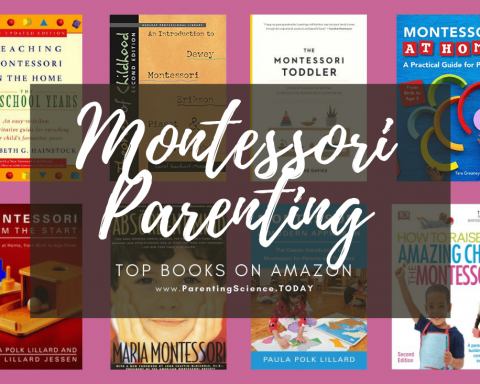A parenting coordinator, according to this study, is an individual (preferably a lawyer) who acts as an intermediary between parents and children from families of high-conflict divorce. Commonly referred to as PCs, parenting coordinators present children with opportunities to live in conflict-free homes away from their parents’ conflicts in order to give children a chance at a more peaceful life.
Also, read more on this website
Parenting coordinators also act as middlemen between parents who are having difficulty solving their parental problems. To a wider extent, parenting coordinators help manage ongoing cases of child visitations and child custody.
Becoming a Parenting Coordinator
In order to be registered by the court as a parenting coordinator, a person must have a master’s degree in social work, law, psychology, or any related field and continuously attend coordinator seminars to remain qualified. He or she should also not have less than five years of experience in parenting coordinating. A person also needs to hold a current license and be able to competently handle cases of high-conflict and divorce. Any other skills the person may possess will be an added advantage, but those are the baseline requirements.
Parenting Coordinator Guidelines
Perhaps the most important guideline for parenting coordinators is that they should remain impartial and neutral toward both the parents and the children. This will help them make sound decisions and set clear strategies that benefit both the parents and their children.
Secondly, a parenting coordinator’s only role is to act as a mediator between the parents and the children, to comply with the court’s orders, and to report accordingly. They do not have the legal authority to interfere with child custody and visitations. Therefore, they have no influence over the outcomes of child-custody cases. Furthermore, parenting coordinators are not therapists, and their roles are not confidential. They are thus at liberty to discuss their observations and findings regarding the relationship between the parents and their children with the court.
Parenting Coordinator Pros and Cons
Highlights
Parenting coordinators protect innocent children from their parents’ conflicts. They act as shields and make parents put the children’s interests first. Not only do they protect the children, but they also protect a parent who is a victim of spousal abuse as they act as middlemen between the parents. In addition, they strive to be unbiased in all their observations and reports. They act purely in the best interest of the children and attempt to make the transition as easy as possible throughout the divorce process. As court appointees, parenting coordinators have the power to solve conflicts and provide a safe haven for children.
Setbacks
Some cases may be compromised, or the parenting coordinators could overlook issues and make errors that may affect the children permanently. Studies of parenting coordinators advise parents to first try to work things out with each other in order to protect the children from the strenuous process and hectic activities involved with using a parenting coordinator. Parents should think twice before resorting to that step.
References
- Fieldstone, Linda, Debra K. Carter, Timothy King, and James P. McHale. “Training, Skills, and Practices of Parenting Coordinators: Florida Statewide Study.” Family Court Review 49, no. 4 (2011): 801–817. Retrieved from https://onlinelibrary.wiley.com
- Kirkland, Karl, and Kale E. Kirkland. “Risk Management and Aspirational Ethics for Parenting Coordinators.” Retrieved from https://www.tandfonline.com












